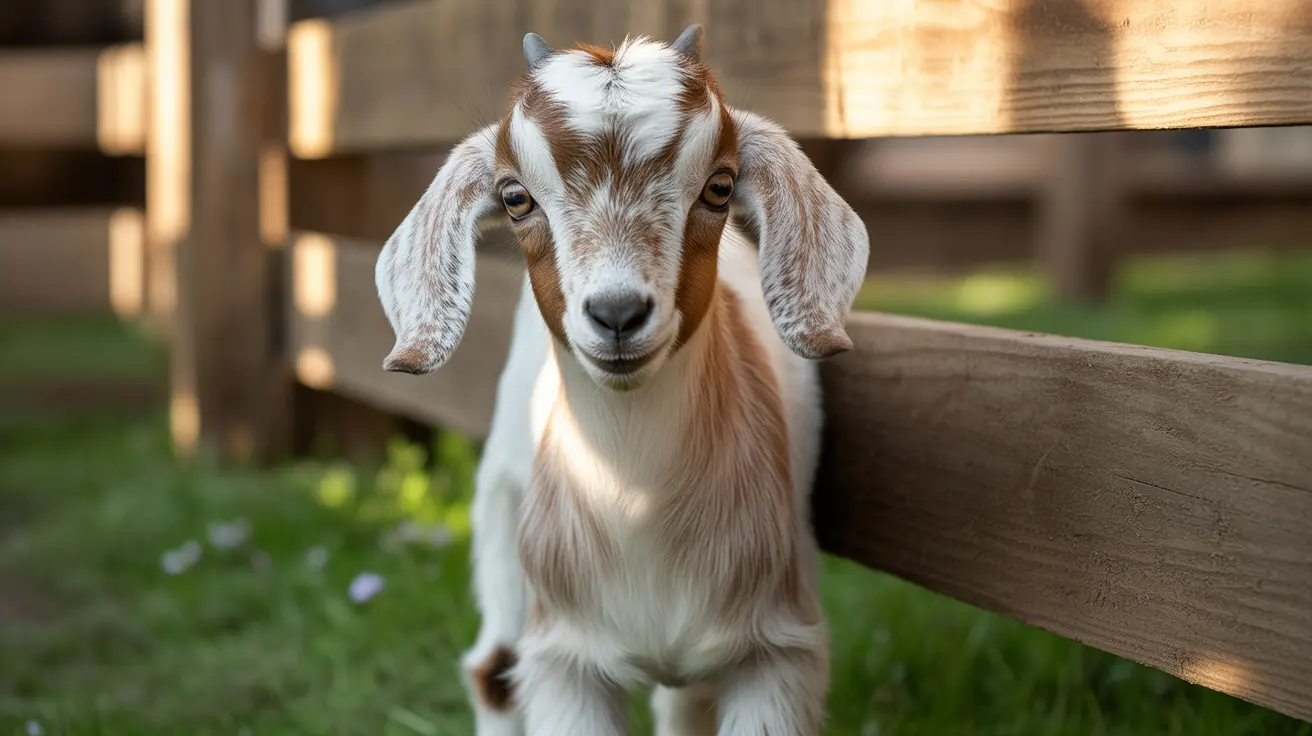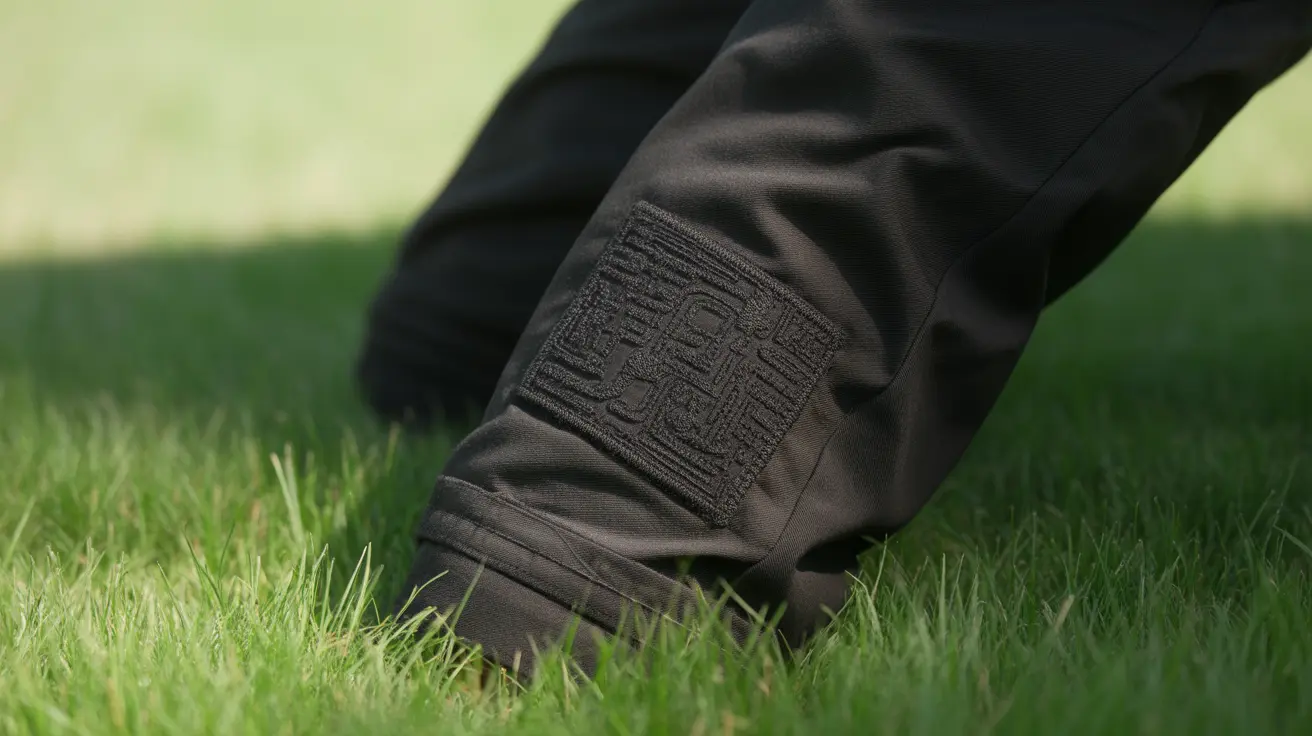Why Dogs Sniff Private Areas: Understanding Their Behavior
If you're a pet owner, you've likely experienced your dog sniffing your private area at some point. While this may feel embarrassing or inappropriate, it's completely normal in the canine world. Dogs rely on their extraordinary sense of smell to explore their environment and understand the beings around them, including their human companions.
The Science Behind a Dog's Nose
Dogs possess an incredibly advanced olfactory system. With over 300 million scent receptors—compared to about 5 million in humans—they can detect minute chemical changes in the environment. Their vomeronasal organ, also known as Jacobson’s organ, allows them to sense pheromones, making them highly receptive to social and emotional cues.
Reasons Dogs Sniff Private Areas
- Gathering Personal Information: Just like dogs sniff each other’s rear ends, they do the same to humans to collect vital information like mood, gender, and even reproductive status.
- Familiarity and Bonding: Sniffing helps dogs feel closer to their human companions. It's one of their primary ways of saying hello and getting to know you better.
- Detecting Health Changes: Dogs can detect changes in body chemistry, which might indicate hormonal shifts, infections, or even diseases like cancer.
- Curiosity: Dogs are naturally curious animals, and if they pick up an unfamiliar or strong scent, they want to investigate it further.
- Reinforcement from Past Behavior: If your dog sniffed someone’s private area before and received attention or other reactions, they may repeat the action to elicit a similar response.
Understanding Gender and Hormonal Signals
Dogs have an uncanny ability to detect hormonal fluctuations. For example, they can sense when a woman is menstruating, pregnant, or ovulating. These scents are emitted through pheromones and bodily secretions, which dogs are well-equipped to smell.
Should You Be Concerned?
Generally, this behavior is not harmful, but it can be socially awkward. If it becomes persistent or aggressive, it may be time to train your dog more deliberately or consult a professional behaviorist. In most cases, however, it's just your dog being a dog.
How to Discourage Inappropriate Sniffing
- Training Commands: Teach your dog basic commands like "leave it" or "sit" to redirect their behavior.
- Positive Reinforcement: Reward your dog when they respond appropriately to commands or avoid intrusive sniffing.
- Consistency: Ensure everyone in the household responds to the behavior the same way to avoid confusion.
- Distract with Toys: Keep your dog mentally stimulated with toys or chew treats to divert attention.
Medical and Emotional Implications
In some rare cases, persistent sniffing may indicate that your dog is picking up on changes in your body related to health concerns. Dogs have been known to detect cancer, diabetes, seizures, and other medical conditions. If the behavior coincides with other unusual actions or persists, consider seeking medical advice for yourself, just to be safe.
Building a Better Human-Dog Relationship
Understanding why dogs engage in certain behaviors helps strengthen the human-animal bond. When you realize that your dog is simply trying to learn more about you, it becomes easier to respond with patience and training rather than embarrassment or frustration.
Conclusion
While a dog sniffing your private area might initially seem inappropriate, it's a natural part of how they understand the world. This behavior is rooted in their powerful sense of smell and their instinct to gather information. With thoughtful training and understanding, you can manage the behavior while still allowing your pup to express their natural instincts.





